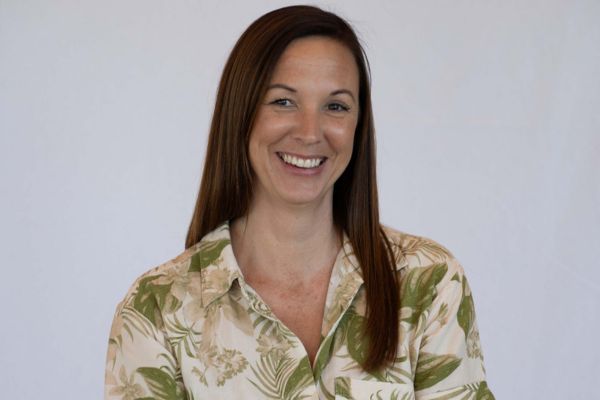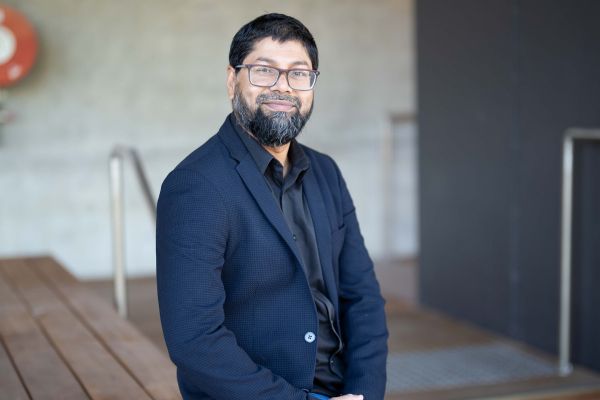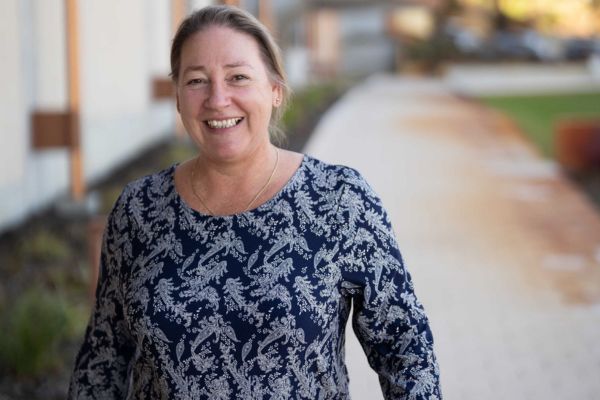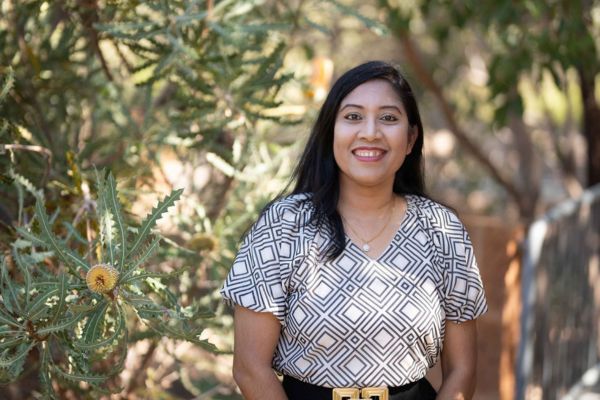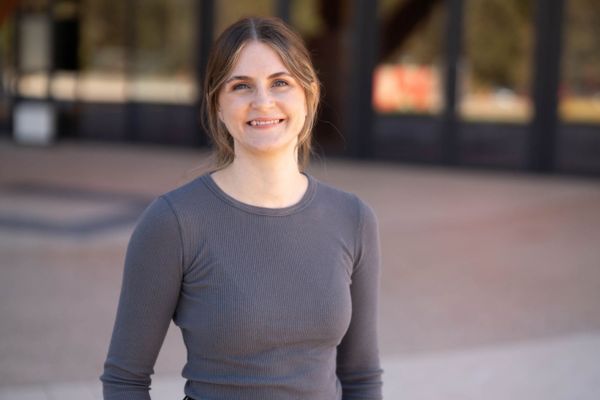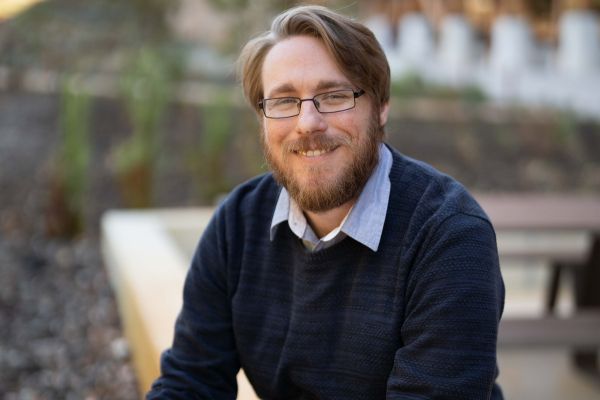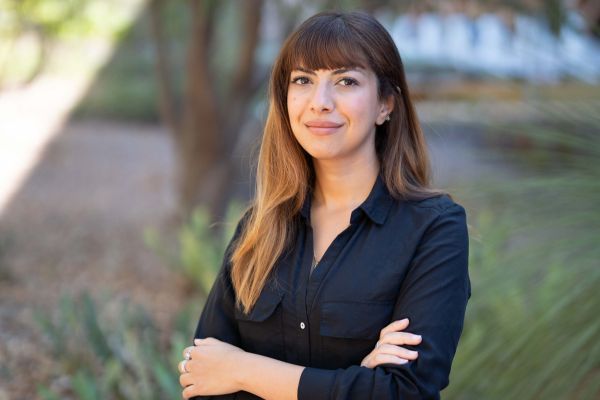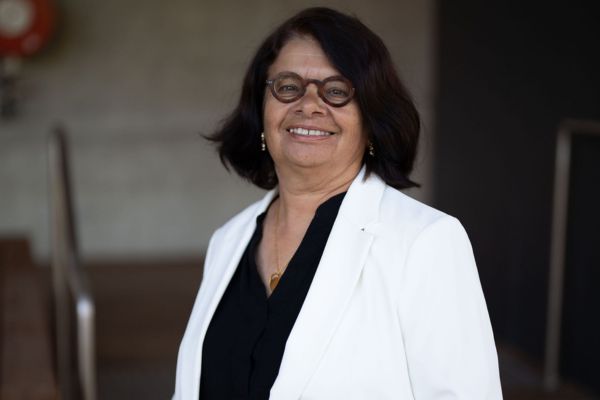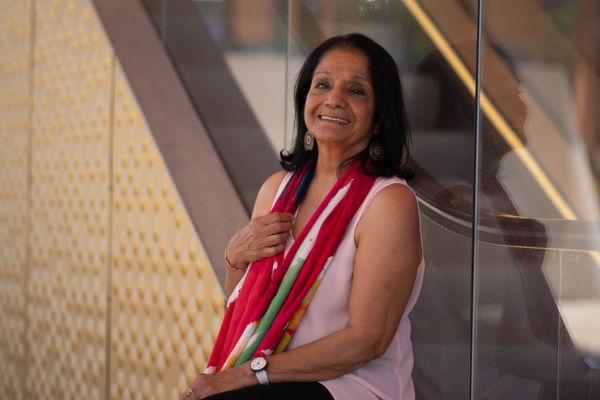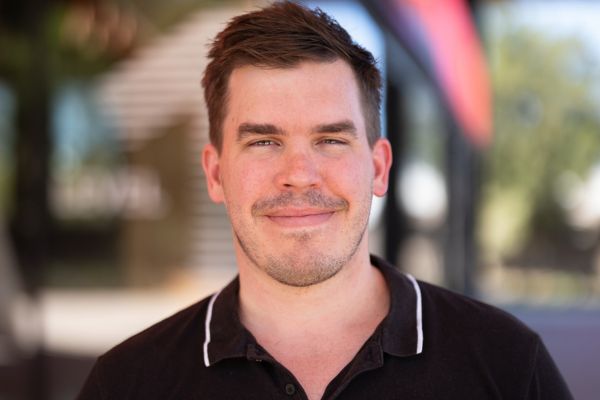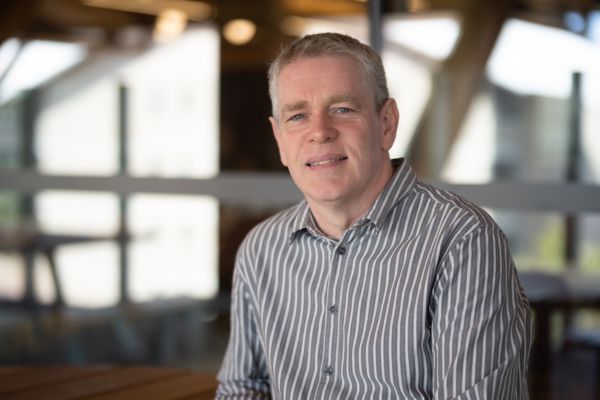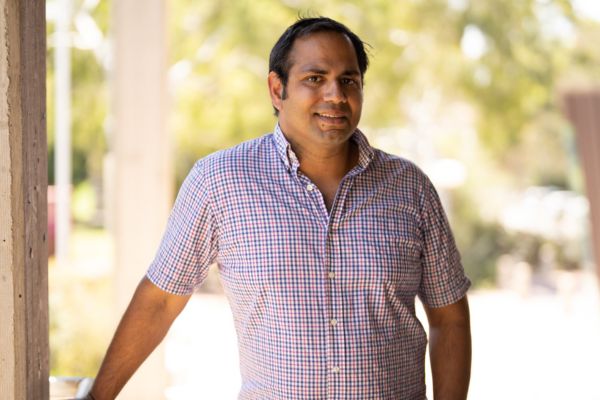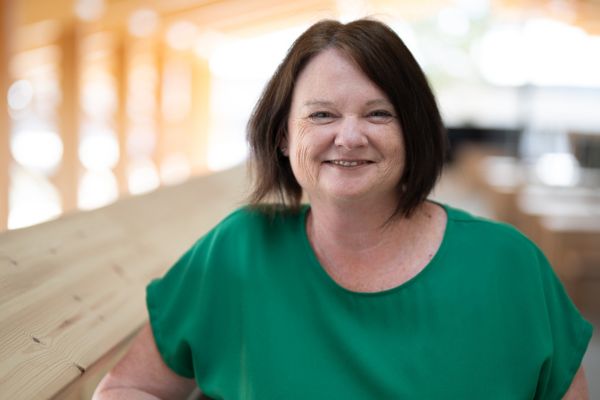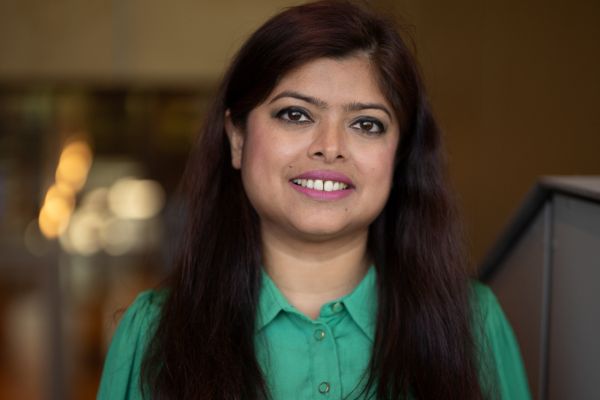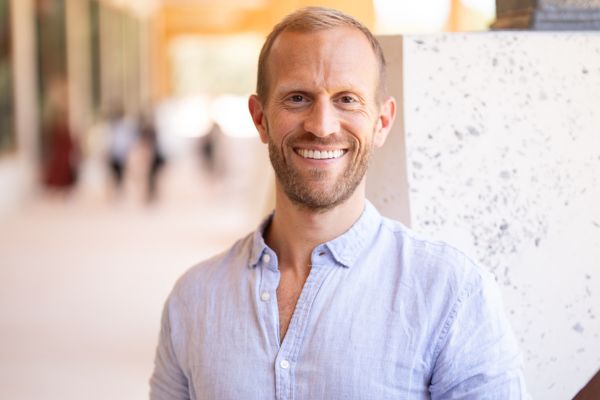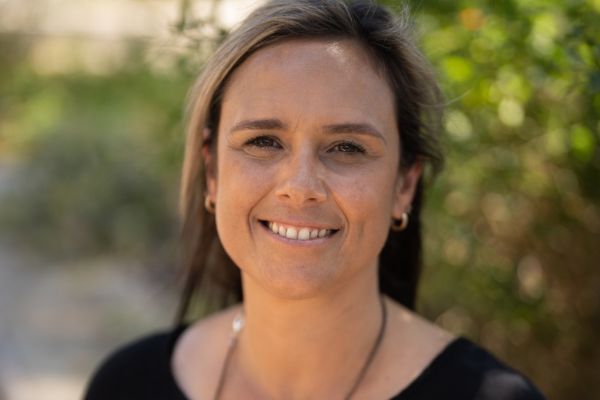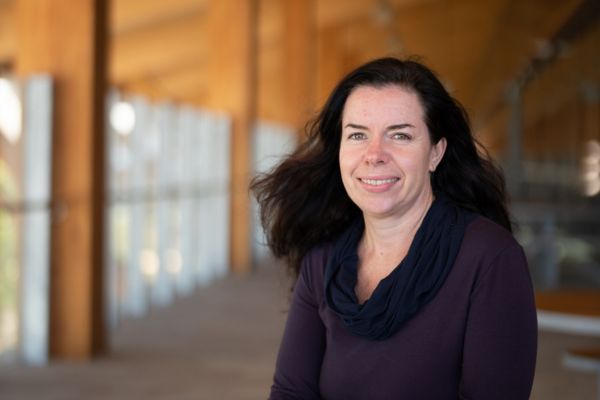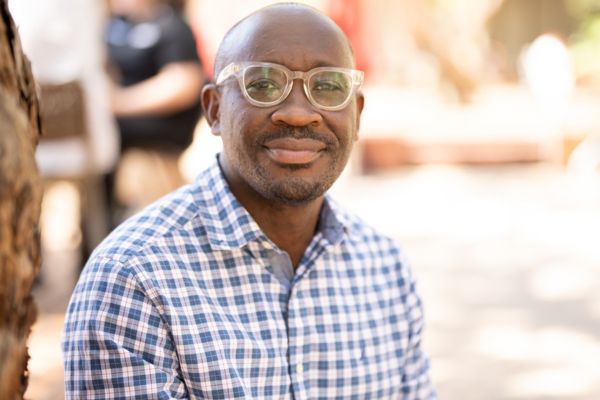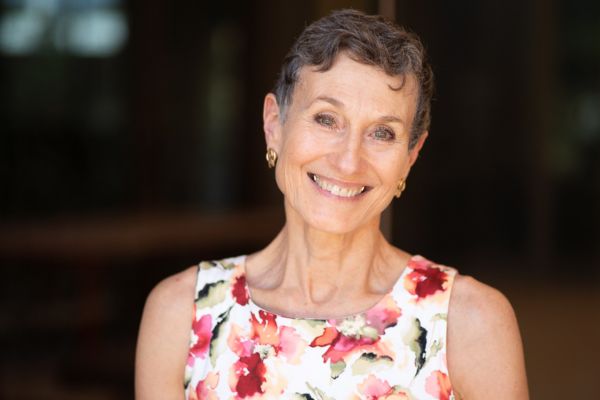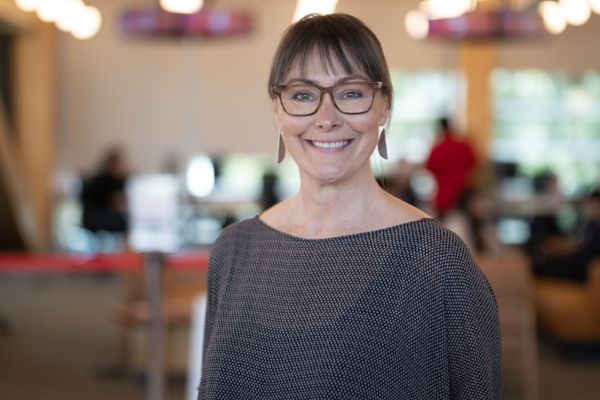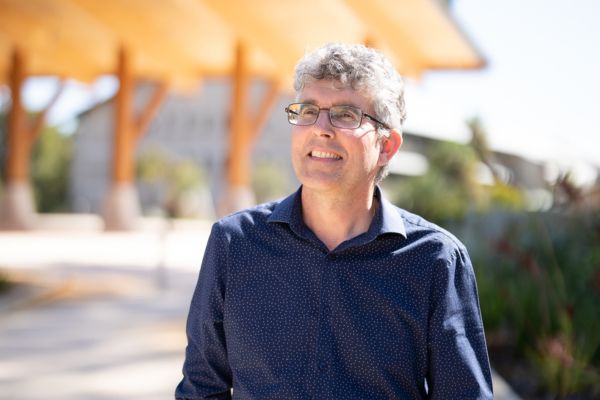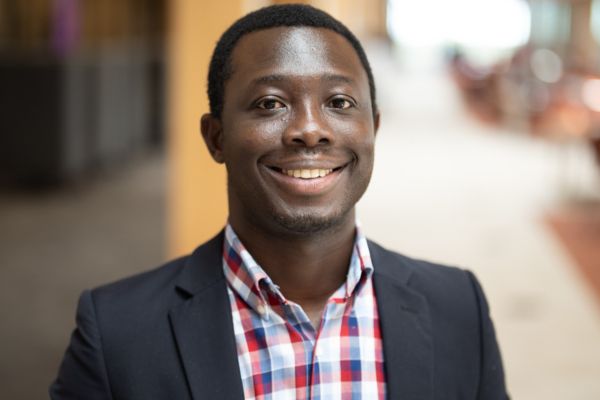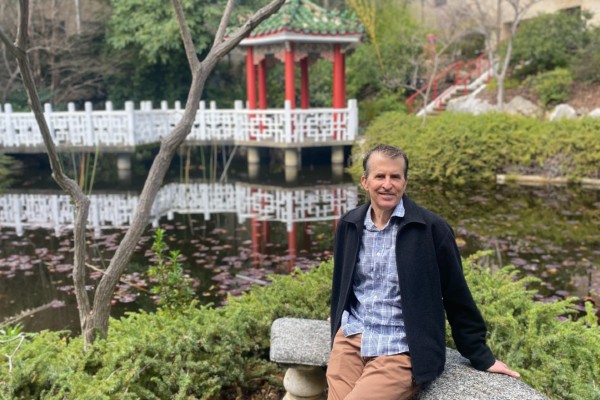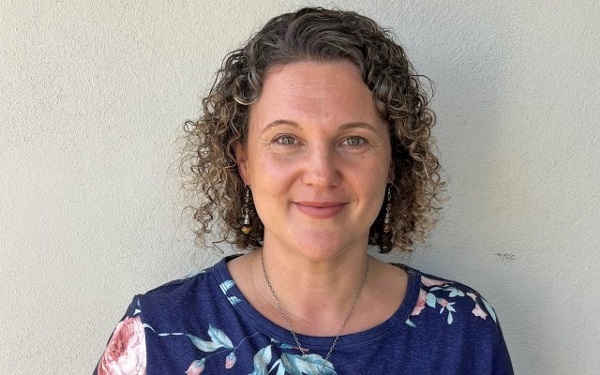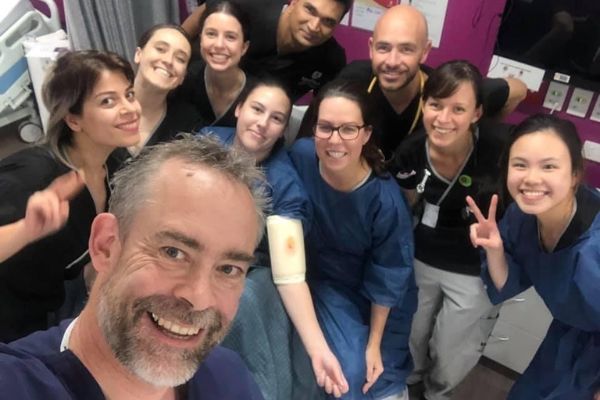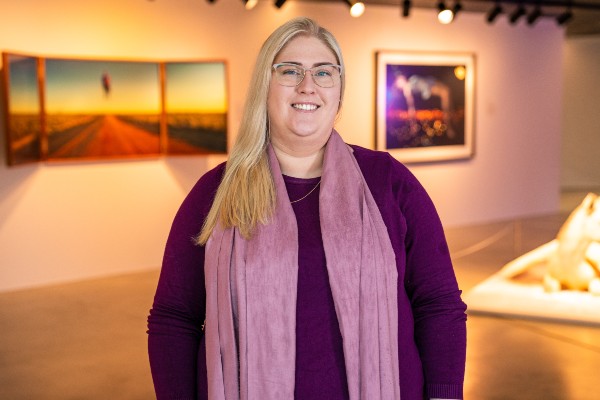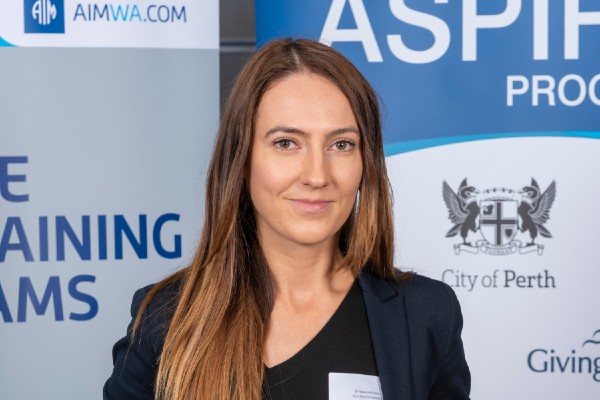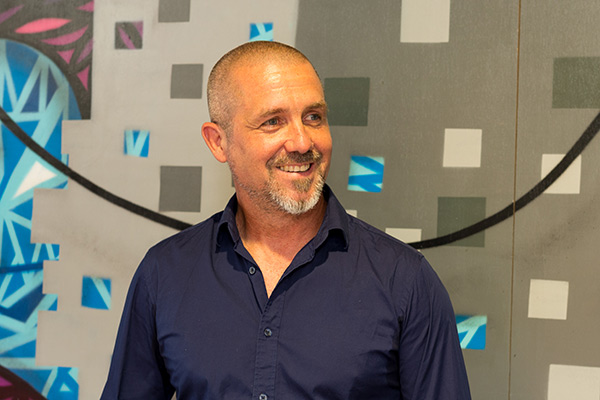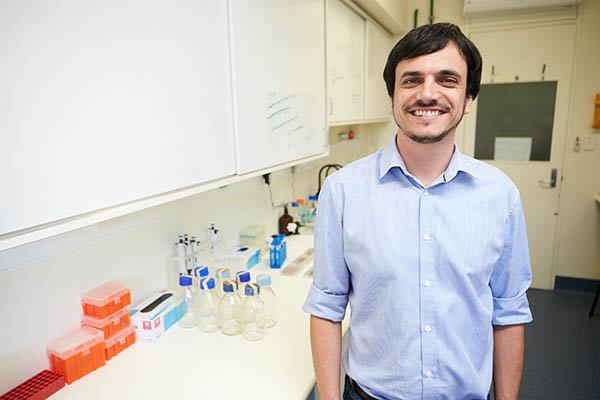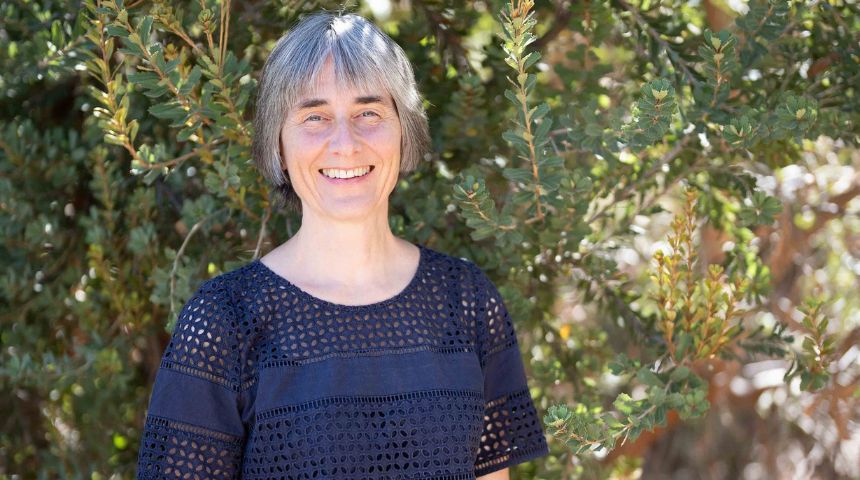
This is a shared journey that welcomes anyone who wants to make the world a better place. Meet Dr Martina Calais from our School of Engineering and Energy.
Dr Martina Calais has been a driving force at Murdoch University since her journey began as an engineering student at Murdoch, where she first engaged with the university's research in renewable energy systems. After returning to Germany to complete her studies, Dr Calais returned to Western Australia to embark on postgraduate research in the application of power electronics in solar photovoltaic systems.
She joined Murdoch University in January 2000 as a lecturer and coordinated the establishment of the Renewable Energy Engineering Degree, the first degree of its kind in Australia. Dr Calais's teaching and research goals align closely with Murdoch’s commitment to sustainability and inclusivity.
"I aim to create a welcoming and supportive environment for them [my students] so that they can realise their potential and successfully complete their course."
Her work as the Engineering Professional Practice Unit Coordinator led her to research the experiences of engineering students on industry placements, particularly focusing on the experiences of female students. Currently, together with colleagues from Murdoch University and the University of Melbourne, she is investigating the experiences of both female and male engineering students in industry placements to provide gender-specific guidance and recommendations for enhancing support.
"Our research aims to provide a gender perspective on the quality and benefits of engineering industry placements," explains Dr Calais. "By fostering a supportive environment, we can empower engineers of all backgrounds."
In her research on microgrids with high penetration of solar photovoltaic systems, Dr Calais has collaborated with researchers from the German Aerospace Centre on short-term solar forecasting. Together, they explored the application of this forecast technology to the control of renewable energy generation systems in microgrids, addressing challenges posed by variable renewable output.
Together, we need to limit climate change to enable a brighter future for life on Earth.”
"By educating engineers and scientists equipped to transition our electricity systems to 100% generation from renewable energy resources, we contribute to a brighter future for life on Earth," Dr Calais affirms.
Dr Martina Calais's dedication to sustainable energy solutions and inclusive engineering education supports our commitment to fostering a brighter future.
